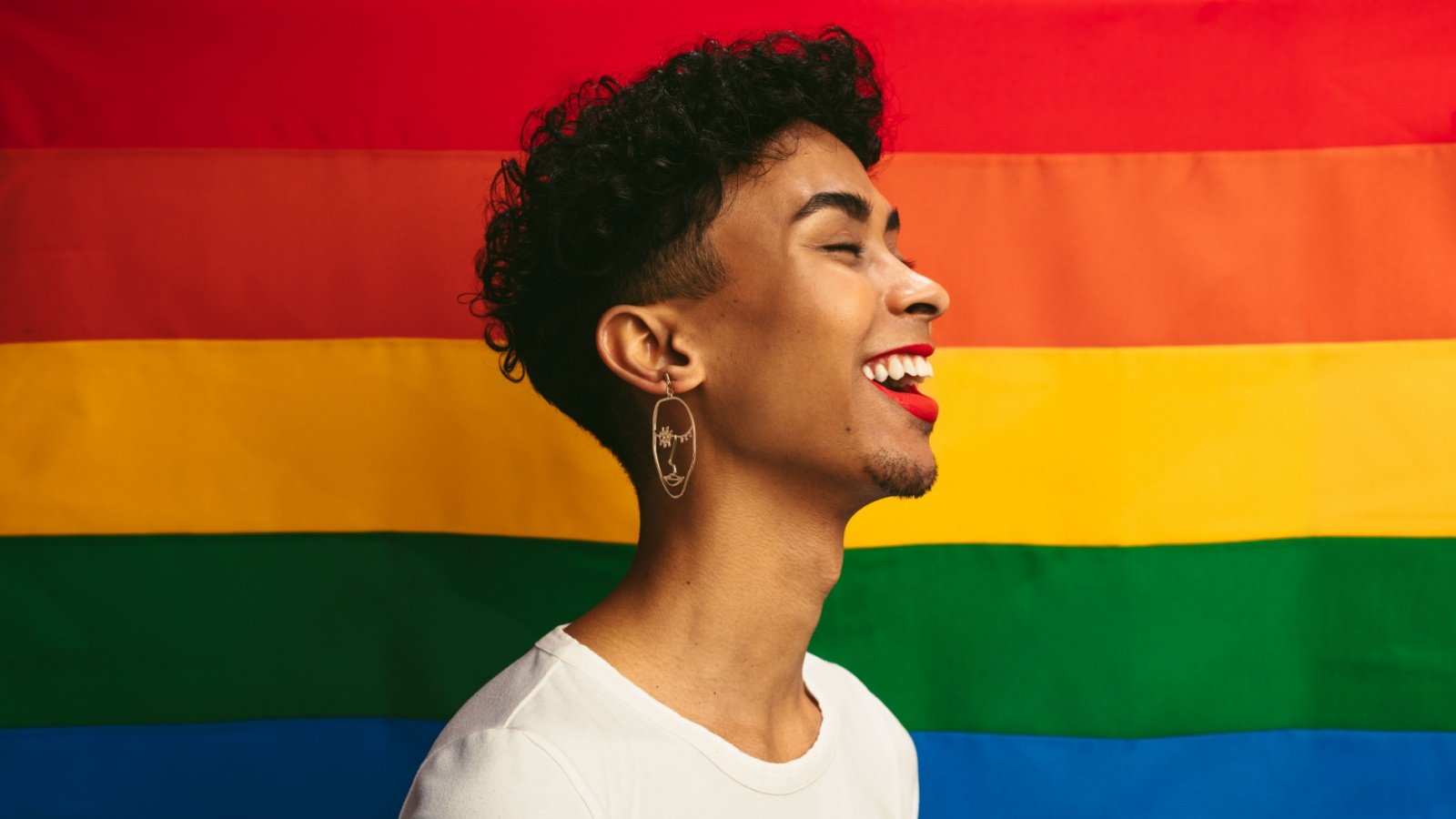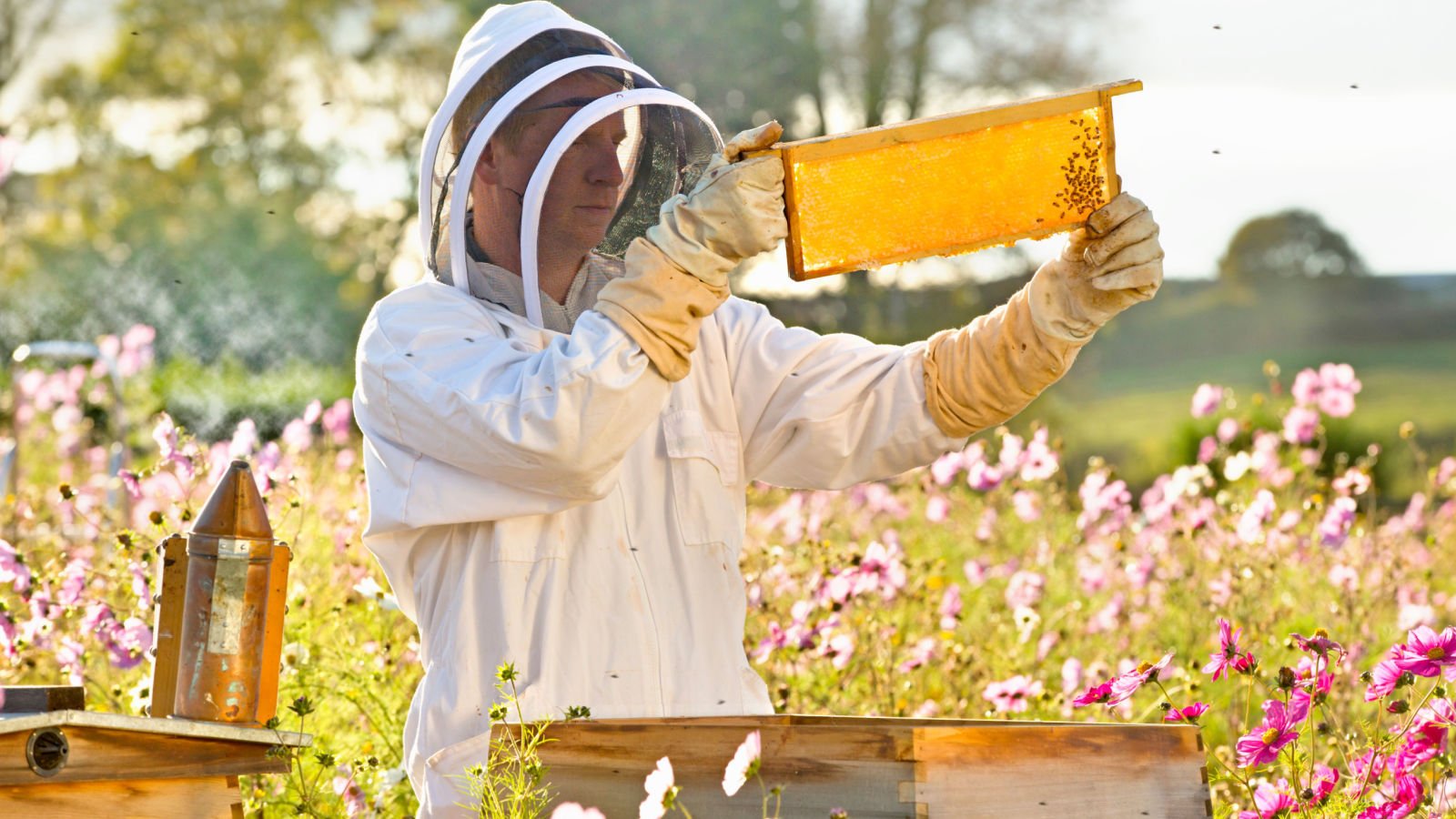In the United States, there’s a growing societal call advocating for the banning of various items and practices that are deemed harmful, unethical, or outdated.
Environmental hazards like single-use plastics for example, among other items that affect society, politics, or the economy, are on an increasing list of hazardous items Americans wish to ban due to public concern. These calls for bans highlight the evolving values of the American people and also uncover the complexities of balancing freedom, safety, and sustainability.
As these debates continue to unfold, these discussions shape the legislative and cultural landscape of the nation, revealing a shift towards more conscientious consumption and governance.
Single-Use Plastics

Single-use plastics are top of the list of items Americans want banned to address environmental concerns. These include plastic bags, straws, and water bottles that contribute heavily to pollution and wildlife harm. Many cities have started initiatives to reduce their use, reflecting growing public support for such bans.
Styrofoam Containers

Styrofoam, or expanded polystyrene, is targeted due to its non-biodegradable nature and the challenges it presents in waste management. Restaurants and food services often use these containers, which are notorious for their longevity in landfills and oceans. Some local governments have already implemented bans to curb their use.
Excessive Political Campaign Spending

There is a growing demand to ban or severely limit the amount of money spent on political campaigns. Critics argue that high spending skews the democratic process, allowing wealthy donors undue influence over elections. Campaign finance reform is a frequent subject of legislative proposals.
Tobacco Advertising

Many Americans advocate for the banning of tobacco advertising, especially where it can influence children and young adults. Despite regulations, tobacco companies find ways to market their products to potential new smokers. Health advocates push for stricter bans to reduce smoking rates.
Assault Weapons

The debate over gun control in America often focuses on the banning of assault weapons. Advocates for the ban argue that these firearms are commonly used in mass shootings and pose an unreasonable risk to public safety. The polarizing nature of this issue keeps it at the forefront of national debates.
Animal Testing

Animal testing for cosmetics and other products is another contentious issue. Many people, supported by animal rights organizations, argue for bans, citing the cruelty and ethical implications of such practices. Alternatives to animal testing are increasingly viable and gaining popularity.
Unregulated Drone Use

As drone technology becomes more accessible, calls for banning unregulated use have intensified. Concerns include privacy violations and the potential for accidents, prompting demands for stricter control. Several states are considering legislation to address these issues.
Junk Food in Schools

Parents and health advocates want a ban on the sale of junk food in school environments. They argue that such foods contribute to childhood obesity and poor health outcomes. Efforts to promote healthier school lunch programs have received broad support.
Payday Loans

Payday loans are seen by many as predatory, targeting the financially vulnerable with high interest rates that trap people in cycles of debt. Advocates for low-income communities call for these to be banned or heavily regulated. Some states have already taken steps to restrict or ban these lending practices.
Conversion Therapy

Conversion therapy for LGBTQ+ individuals is a controversial practice that many want to be banned nationwide. It’s already illegal in several states, recognized as harmful, and discredited by major psychological associations. The movement to ban it completely continues to gain momentum.
Pesticides Harmful to Bees

Certain pesticides, particularly neonicotinoids, are blamed for declining bee populations and are targeted for bans. Bees play a crucial role in pollination and agriculture, and their protection is essential for environmental health. Some regions have begun restricting the use of these pesticides to safeguard bee colonies.
Public Smoking

There is a strong push to extend bans on public smoking to more areas, including parks, beaches, and other public spaces. Secondhand smoke is a health hazard, and non-smokers advocate for their right to clean air in public settings. Cities across the country are increasingly adopting these wider bans.
Microbeads

Microbeads in cosmetics and personal care products are tiny but pose large-scale environmental hazards as they accumulate in waterways. Bans on microbeads are popular among environmentalists who note their contribution to water pollution and harm to aquatic life. Several states have passed laws prohibiting their use.
Price Gouging During Emergencies

During natural disasters and emergencies, price gouging on essentials like water, gas, and shelter is particularly despised. Many advocate for stricter bans and penalties to prevent businesses from exploiting those in crisis. State laws vary, but there is a push for uniform federal regulations.
Mandatory Arbitration Clauses

Mandatory arbitration clauses in consumer contracts are often criticized for denying individuals the right to sue in court. These clauses are seen as favoring companies at the expense of consumer rights. There is a growing call to ban such clauses, allowing consumers better access to legal remedies.
Glyphosate-Based Herbicides

Glyphosate, the active ingredient in many popular herbicides, has been linked to cancer, leading to calls for its ban. Environmental and health advocates push for alternatives that are safer for people and the planet. Regulatory bodies face pressure to reevaluate and potentially ban these products.
Telemarketing Calls

Unsolicited telemarketing calls, particularly robocalls, are universally disliked, and many advocate for stricter bans. Despite existing regulations like the Do Not Call list, enforcement is challenging. The demand for more effective solutions and bans continues to grow.
Plastic Microfibers

Plastic microfibers from clothing and textiles are a lesser-known but significant source of marine pollution. Environmentalists call for bans on products that shed these fibers, advocating for natural alternatives. Awareness and legislation are still developing in response to this issue.
Flavored Vaping Products

Flavored vaping products are targeted for bans due to their appeal to young people, potentially leading to nicotine addiction. Health advocates are concerned about the long-term impacts of vaping and seek to restrict flavors that entice minors. Several states have already implemented bans on flavored vaping products.
For-Profit Prisons

The concept of for-profit prisons is under scrutiny, with many arguing that they incentivize the incarceration of individuals for profit rather than public safety. Critics call for their ban, citing issues of justice and ethics. The debate is particularly intense in the context of immigration detention.
Facial Recognition Surveillance

Facial recognition technology used in public surveillance is seen by many as an infringement on privacy rights. Civil liberties groups are at the forefront, demanding bans to prevent its misuse. Concerns are particularly acute regarding its accuracy and racial biases.
Harmful Food Additives

Certain food additives linked to health issues are also on the ban list, as consumers demand cleaner food products. Trans fats have already been banned due to their cardiovascular risks, and others, like certain artificial dyes and preservatives, are scrutinized. Consumer health advocacy groups continue to push for legislation to eliminate harmful additives.
Exotic Animal Trade

The trade-in of exotic animals for pets is criticized for ethical and ecological reasons. Conservationists argue for bans to prevent biodiversity loss and protect endangered species. Legislation varies widely, but there is a concerted effort to tighten regulations and ban the trade completely.
Non-Biodegradable Balloons

Non-biodegradable balloons are environmental hazards, particularly when released into the atmosphere during celebrations. Wildlife advocates call for bans due to the threat they pose to marine and avian species. Some localities have started to implement bans on balloon releases at public events.
Subminimum Wages

Subminimum wages for certain workers, including people with disabilities, are considered exploitative by many labor rights advocates. Calls to ban subminimum wages aim to ensure fair compensation for all workers. The push for equality in the workforce includes advocating for laws that eliminate these wage exceptions.









Kepritogel